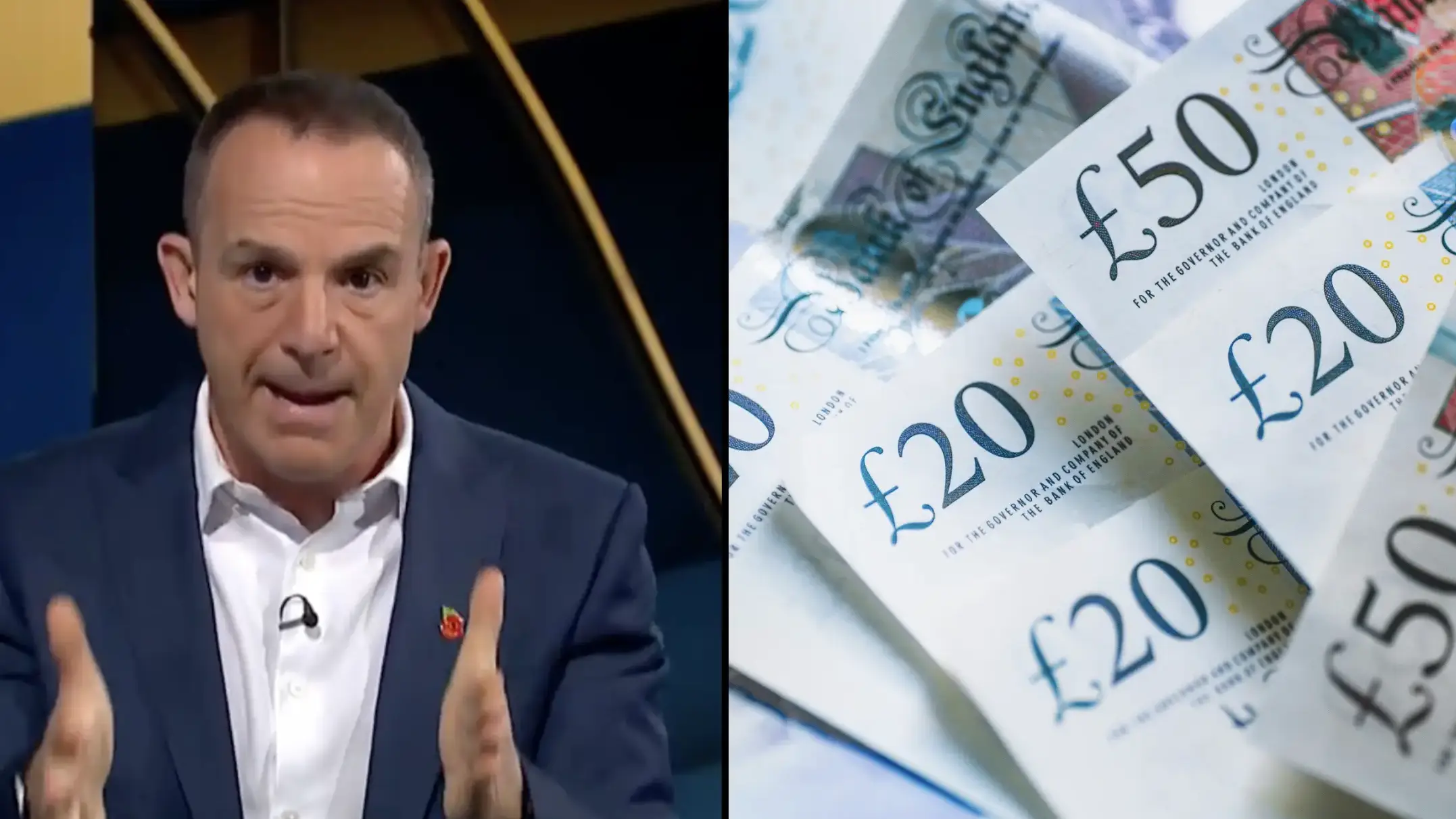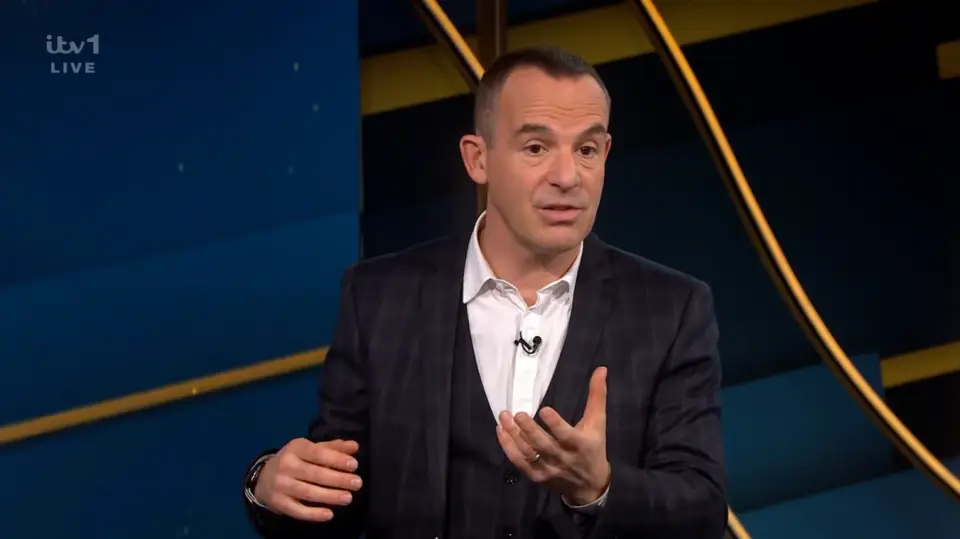
Martin Lewis has issued an urgent warning to anyone with £10,000 or more worth of savings in the bank.
The Money Saving Expert founder, who's been offering free budgeting advice to Brits for yonks, is back with another important reminder.
Over the past few years, Lewis says that the rules in regard to interest on your savings has changed.
Advert
Without realising it, you might owe His Majesty's Revenue and Customs (HMRC) money because savings account interest rates have increased.
On The Martin Lewis Money Show Live, he said rates have gone up from around one percent to five percent.
Lewis explained: "So look, savings tax is back for many. When you get interest on your savings, it is eligible for income tax. It counts as income.
"But you get a Personal Savings Allowance. What this means is a basic rate taxpayer can earn £1,000 a year of interest and you don’t pay tax on it.

"It can be in any form of savings account that you like.
"As a higher 40 percent taxpayer, you can earn £500, as a top 45 percent taxpayer if you earn over £125,000 a year you don’t get one of these.
“So what does that mean in practice? So if you take that top five percent figure, as a basic rate taxpayer if you have over £20,000 in savings at five percent, you would earn more than a grand of interest so everything above that would be taxed.
"As a higher rate taxpayer it’s £10,000."
So savers will basically pay tax on any interest over your allowance at your usual rate of income tax.

If you're employed or have a pension, HMRC will change your tax code so you pay the tax automatically.
HMRC calculate how much interest you get in the current year by looking at how much you got the previous year.
Though Lewis also explained that most people are able to make up to £1,000 a year on interest without having to pay tax on it.
He said: "But you get a Personal Savings Allowance. What this means is a basic rate taxpayer can earn £1,000 a year of interest and you don't have to pay tax on it. It can be any form of savings account that you like.
"As a higher 40 percent taxpayer, you can earn £500, as a top 45 percent taxpayer if you earn over £125,000 a year you don't get one of these."
Topics: Martin Lewis, Money